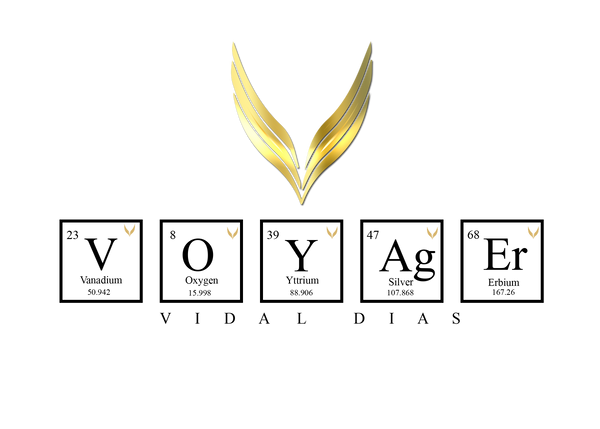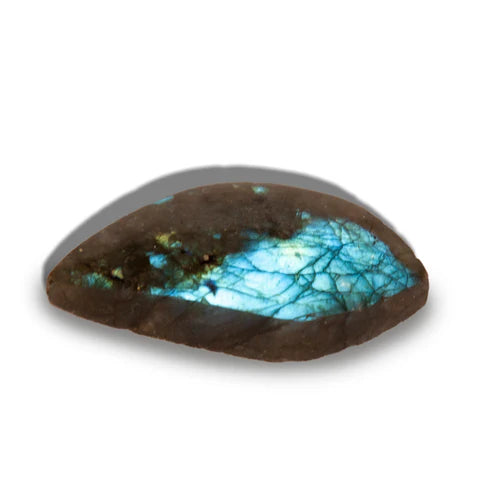|
Mineral Group |
Tectosilicate - Plagioclase Feldspar |
|
Cleavage |
Perfect cleavage that goes in two directions |
|
Chemical Composition |
(Ca,Na)[Al(Al,Si)Si2O8] see phase diagram below |
|
Fracture |
Uneven/conchoidal |
|
Luster |
Vitreous, pearly |
|
Diaphaneity |
Transparent to translucent |
|
Color |
Clear, white, or gray. Labradorescent colors: blue, green, yellow, orange, and red. |
|
Streak |
White |
|
Mohs Hardness |
6 - 6.5 |
|
Specific Gravity |
2.68 - 2.72 |
|
Diagnostic Properties |
Hardness, cleavage (twinning and labradorescence shown by few specimens) |
|
Crystal System |
Triclinic |
|
Uses |
Gemstones, carvings, statues |
|
Chakras |
Throat and Third Eye Chakras |
|
Zodiac |
None |
|
Numerical Vibration |
6 & 7 |
|
Metaphysical Uses |
Labradorite is a very spiritual stone that is especially beneficial to persons who tend to overwork. It assists an individual in regaining energy while also assisting the body and spirit in repairing itself. Labradorite is regarded as one of the most effective guardians in the metaphysical world. The gemstone forms an aura barrier and guards against the negativity of the world. Labradorite is also thought to counteract negativity inside oneself. Because of the shifting colors of labradorite, it is no wonder that this gemstone is recognized as a stone of change, promoting power of will and inner worth. Labradorite is a gemstone that is thought to activate the throat chakra. Though it is not related with any zodiac sign, it is said that the sign of Cancer is particularly drawn to labradorite. Note: All crystals contain energy that can be used to amplify your own intentions and manifestations through meditation and daily wear. |
|
Occurrence |
Found on the shore of Labrador in enormous cleavavle masses with a wonderful iridescent dance of colors. The name is taken from the location. Also found in Madagascar. |
The phase diagram below shows where labradorite can be found within the plagioclase series.



